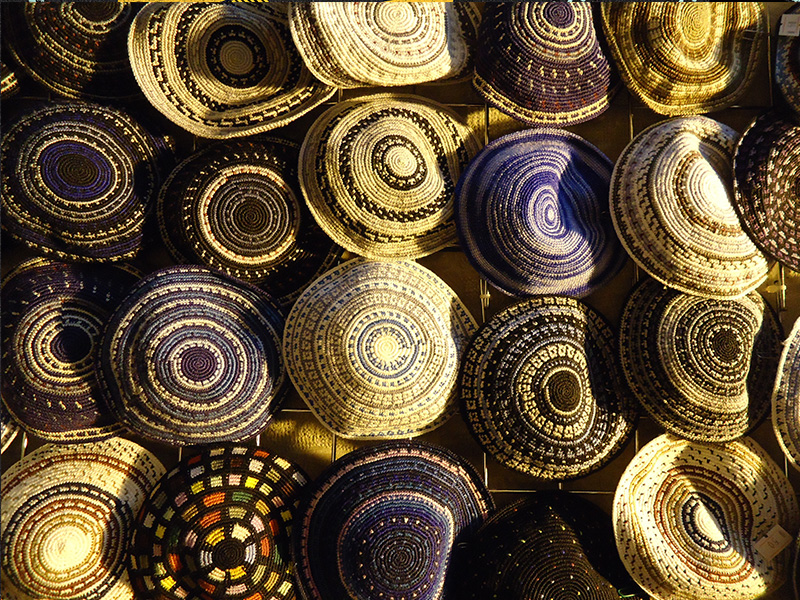The current situation gives the lie to a favoured Quebec expression, ‘plus ça change, plus c’est la même chose.’ Things have changed. The ethnic and religious pluralism which was so hospitable to Jewish creativity and self-determination seems to be giving way to a unidimensional nationalism that eschews minority distinctiveness.”
Those were the words of Jewish historian Ruth R. Wisse, reflecting in Commentary magazine more than 40 years ago on the ascendancy of the Parti Québécois in the 1976 provincial election. But her assessment of Quebec’s relationship with its Jewish community might just as well apply to the present, following the passing into law of Bill 21 by the province’s current Coalition Avenir Quebec government (with the support of the PQ).
Bill 21 will make Quebec a less hospitable place for many in the Jewish community, as well as other religious and ethnic groups equally affected by the ban on certain public servants wearing religious symbols. And that’s without even beginning to consider the ramifications of the vague “disciplinary measures” injected into the law at the last minute.
Police officers, prison guards, judges, Crown prosecutors, teachers – these are just some of the professions that are no longer open to Jews who cover their heads for religious reasons. (Yes, a grandfather clause will allow them to keep their current positions, but only if they don’t seek a promotion or transfer jobs – in which case, the stipulation is voided. What good is that for the young and ambitious?)
READ: CIJA ‘PROFOUNDLY DISAPPOINTED’ WITH PASSING OF BILL 21 IN QUEBEC
Back in April, The CJN’s Janice Arnold spoke to a Jewish public school teacher who feared she would be directly affected by Bill 21 because she covers her hair with a kerchief in public, in accordance with the Orthodox tradition. “I think the government has a misunderstanding. I don’t wear this to say, ‘Look, everyone, I’m a Jew,’ ” Carolyn Gehr remarked. “It’s a requirement of my religion, and my religion is not something I can leave at the door. They are not asking me to take off a symbol, but to break a rule.”
No one wants to think the worst about the future of Jews in post-Bill 21 Quebec, but the community is undoubtedly fighting a steep battle in a province where approximately two-thirds of the population supports the laicity law. As has been the case in previous debates over reasonable accommodation in the province, you can expect Quebec’s Jews to put up a strong campaign against Bill 21, even if it is now the law of the land. The Jewish community has already organized against the bill, joining with other minorities in protest. There are also significant legal avenues to be explored, a process that has already begun.
In his history of Canadian Jewry, Seeking the Fabled City, historian Allan Levine recalls the words of Rabbi Reuven Poupko in June 1995, after PQ Leader Jacques Parizeau lashed out against “money and ethnic votes” in the aftermath of Quebec’s second independence referendum. The then-president of the Rabbinical Council of Montreal said, “Defeat is a test of character which Parizeau has failed this evening.” The present moment represents a monumental test for Quebec Jewry. Surely its unique character will rise to the occasion.
